ISIS militants take sledgehammers to Mosul tomb of Prophet Jonah - VIDEO
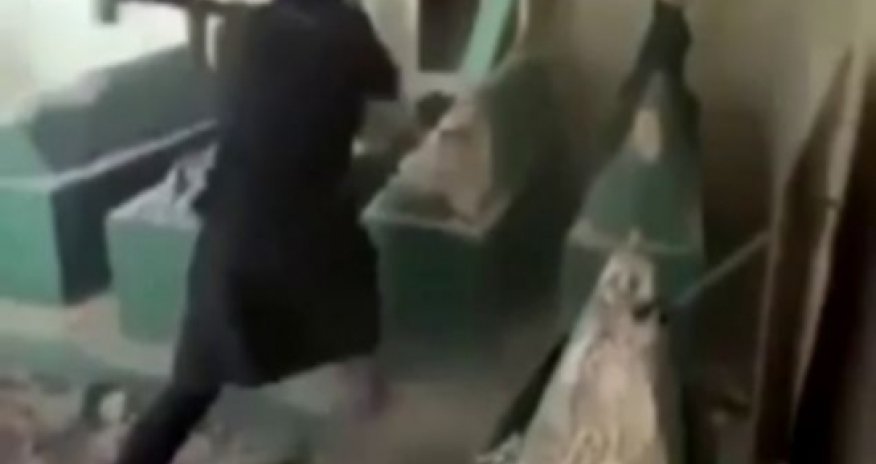
The rebels, who are members of the Islamic State terror group, were filmed attacking centuries-old graves in the north-west city of Mosul in Ninevah province. Donning balaclavas and black coats, they swung sledgehammers into the tombs, causing pieces of dust and stone to fly through the air.One of the devastated tombstones belonged to the Prophet Jonah (Younis in Arabic) and was revered by Muslims and Christians alike, according to Iraqi authorities.The prophet, who is the central figure in the Hebrew Bible's Book of Jonah, is best known for being swallowed by a fish or a whale, depending on translation.The attack is the latest in the ISIS's violent rampage across Iraq.Earlier this week, a series of images emerged showing the destruction of almost a dozen Shia and Sunni religious shrines in Mosul, Iraq's second largest city, and the town of Tal Afar, which is also currently under ISIS control.ISIS militants believe giving special veneration to tombs and relics is against the teachings of Islam.Speaking of the latest attack, Ninevah official Zuhair Al-Chalabi, told IraqiNews.com: 'The elements of ISIS [have] controlled the mosque of the Prophet Younis in Mosul since they invaded the city.''[They] engaged in the process of tampering with the contents of the Mosque. It is still held by them until now.' The shrine of the Prophet Seth (Shayth) was also destroyed by rebels, according to reports.It comes as more than 50 bodies have been discovered by Iraqi authorities in an agricultural area outside the city of Hillah, just south of Baghdad, today.Military spokesman Brigadier General Saad Maan Ibrahim said most of the 53 bodies were found blindfolded with their hands bound and several gunshot wounds.The grisly discovery in Hillah, a predominantly Shiite city around 60 miles south of Baghdad, has raised concerns over a possible sectarian killing amid the battle against a Sunni insurgency.Brig Gen Maan said an investigation was underway to determine the identities of the dead, as well as the circumstances of the killings.On the other side, Shiite militias have rallied around Mr al-Maliki's government to fight back against the militant advance.In the far north, Kurds have taken advantage of the mayhem to seize disputed territory - including the city of Kirkuk, a major oil centre - and move closer to a long-held dream of their own state.Kurdish fighters say they only want to protect the areas from Sunni militants. Many of the areas have significant Kurdish populations that they have demanded for years be incorporated into their territory.These moves have infuriated Mr al-Maliki, who is under pressure from opponents as well as former allies to step down.The photographs of the destroyed churches and mosques that emerged last week were posted on a website which frequently carries official statements from ISIS.(dailymail.co.uk)Bakudaily.az
























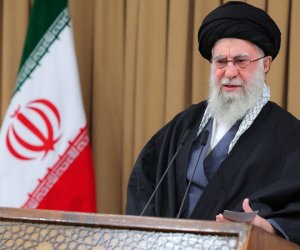
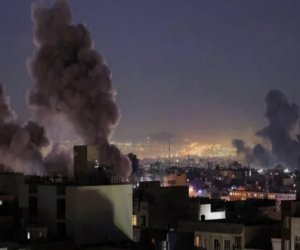
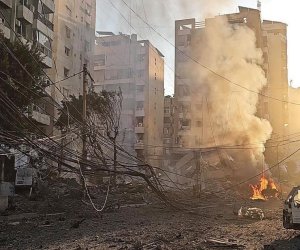
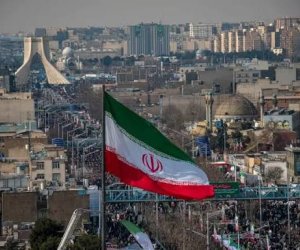
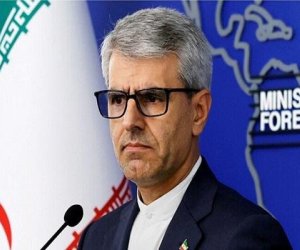
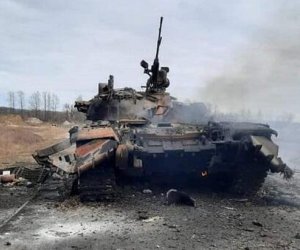
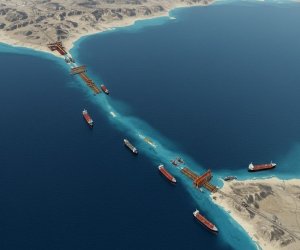
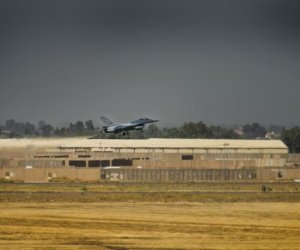
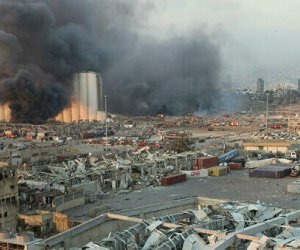



 Photo
Photo 



 Video
Video 

